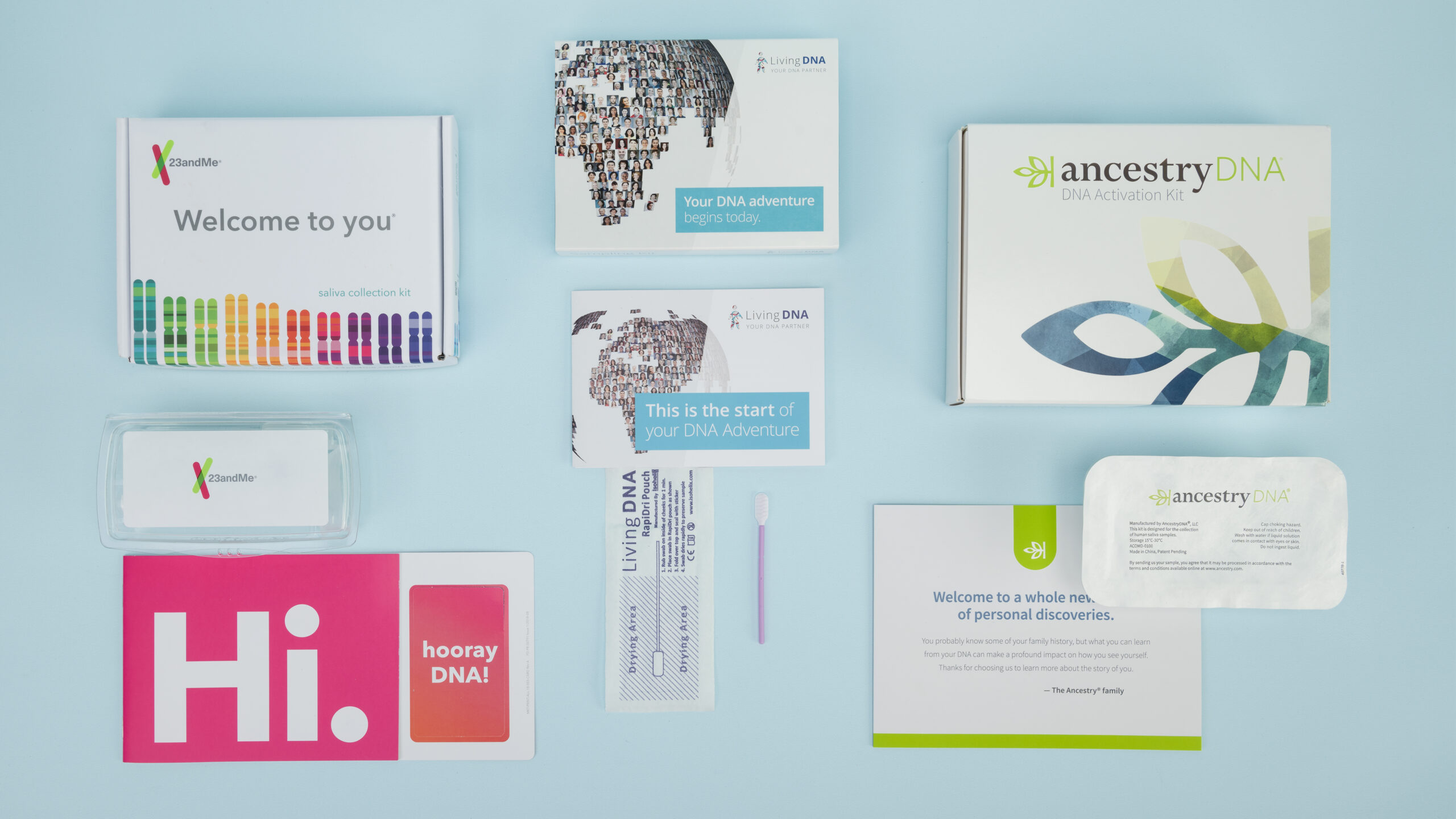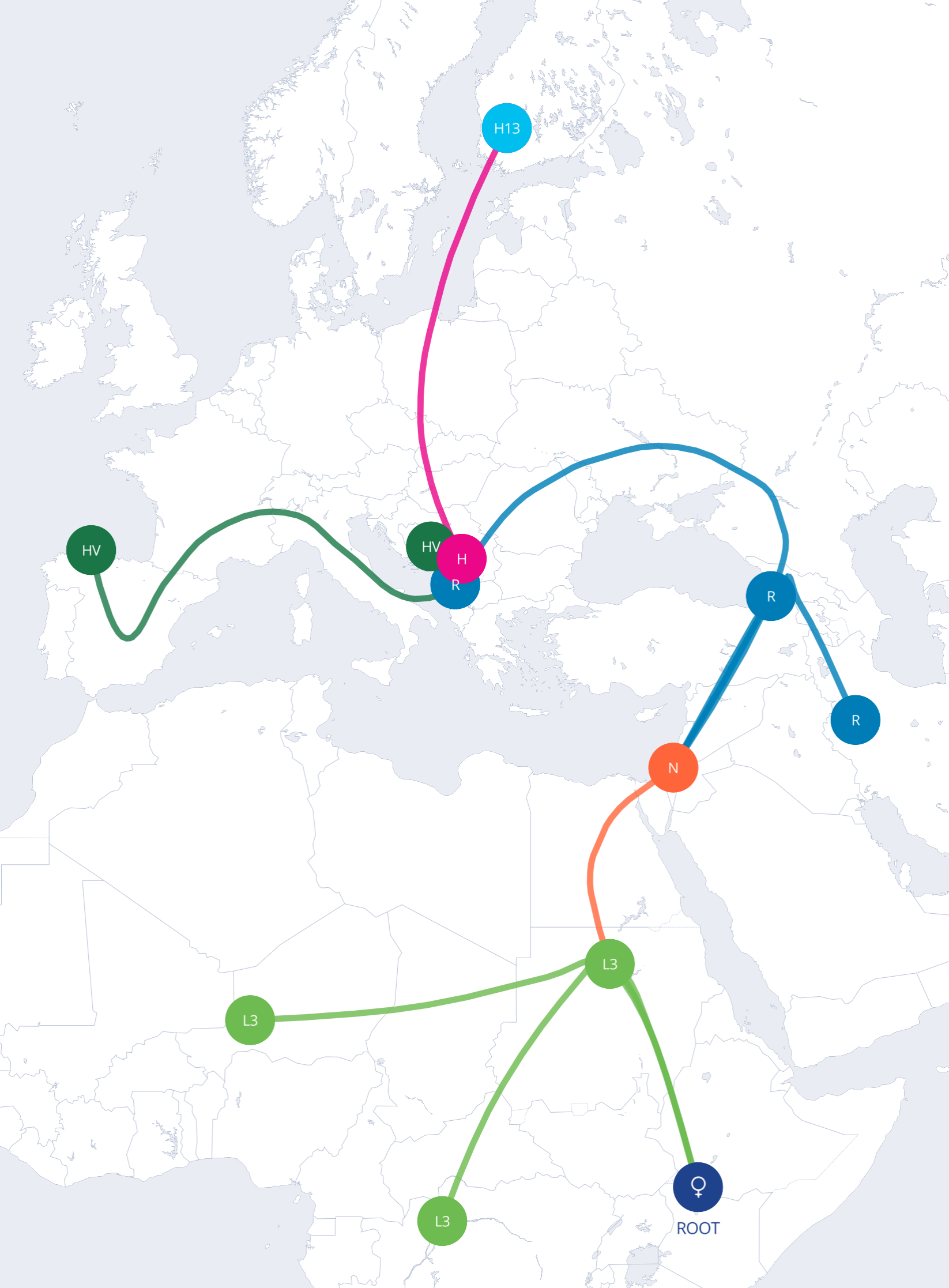

In This Article
In This Article
Genetic testing turns a cheek swab or saliva sample into a personal map of risk.
That map can be empowering, but it can also raise new questions and feelings.
This guide explains how to read that map, what it can – and cannot – predict, and the practical choices that keep you in control.

Source: 123rf
Your genes work like instruction manuals for your body. Scientists compare small spelling changes, called variants, with health records to see which changes raise the chance of disease. These estimates add to what you already know from family history and daily habits.
DNA tests scan thousands of variants at once. Some, such as changes in the BRCA1 gene, sharply increase breast-cancer risk. Others add only a nudge, so results are best viewed as a spectrum of higher or lower odds rather than yes-or-no answers.
Know Your DNA Reviews

Don't miss out on the opportunity to learn more about yourself. Read our best DNA test page to find the best one for you.
Most consumer kits focus on well-studied conditions that have clear, actionable links to genetics. Knowing these links early lets you start screening or lifestyle changes long before symptoms appear.
Laboratory machines read DNA letters with more than 99 percent technical accuracy. Even so, consumer tests look at just a slice of the many variants that shape disease, and results can vary across ancestry groups.
Genes rarely act alone. Diet, exercise, stress, and random chance still influence who gets sick. A high-risk result signals caution, not destiny, while a low-risk result never rules a disease out entirely. Medical labs can confirm any finding that might change treatment.
You have real power over how genes play out in daily life. These small, steady actions work for everyone, but they matter even more when DNA flags higher risk.
Consider booking a session if your report lists a high-impact variant or leaves you feeling uncertain. Certified counselors translate percentages into plain language, explore emotions, and build a plan with your healthcare team. You can find a certified genetic counselor near you online.
Learning that you carry a risky variant can feel empowering, scary, or both. Most people adjust well, especially when actionable steps exist, but some conditions with limited treatments can trigger stronger worry.
Below is a quick recap you can share with family or save for your next doctor visit.
Know Your DNA Reviews

Looking for a DNA test that's accurate and can tell you about your health and heritage?

